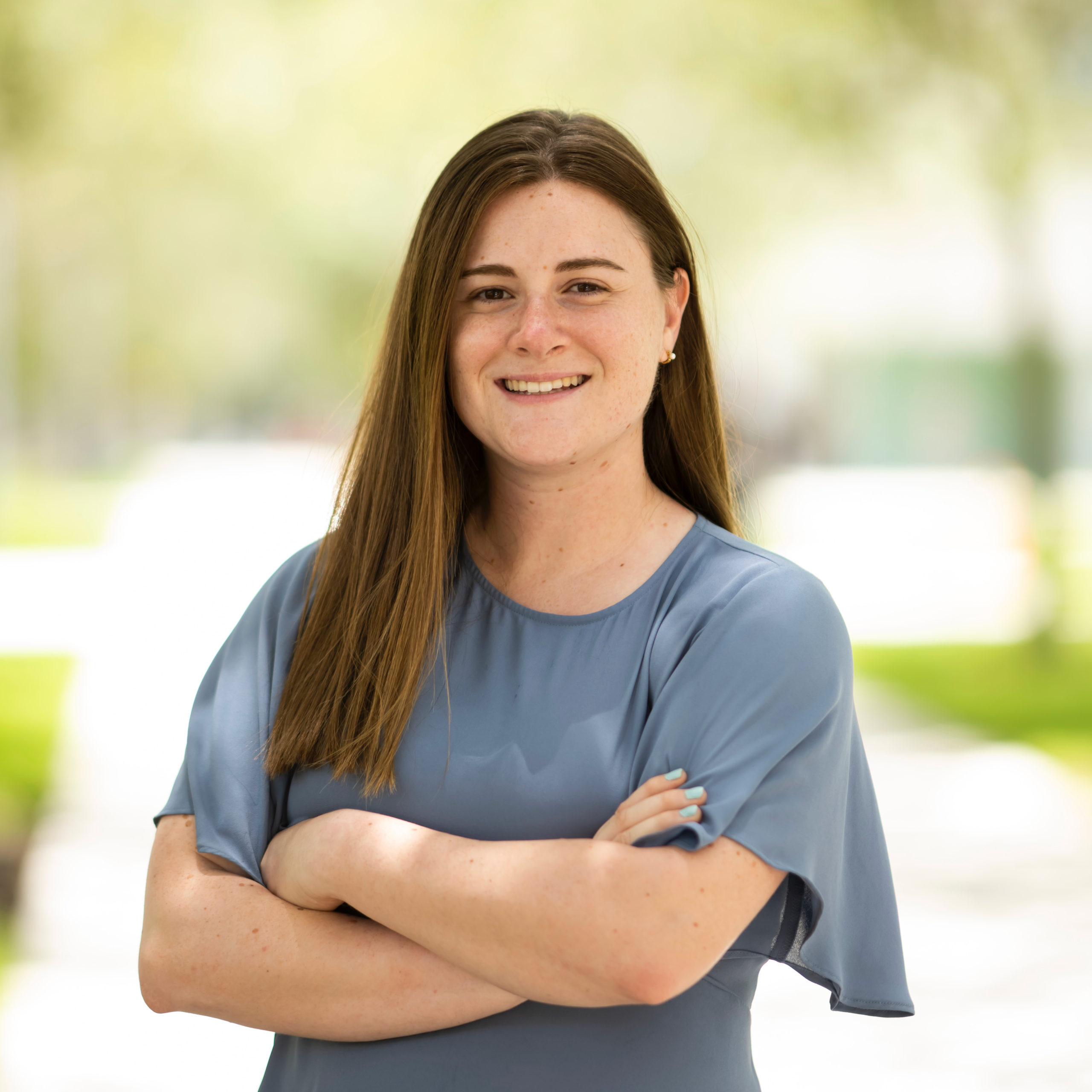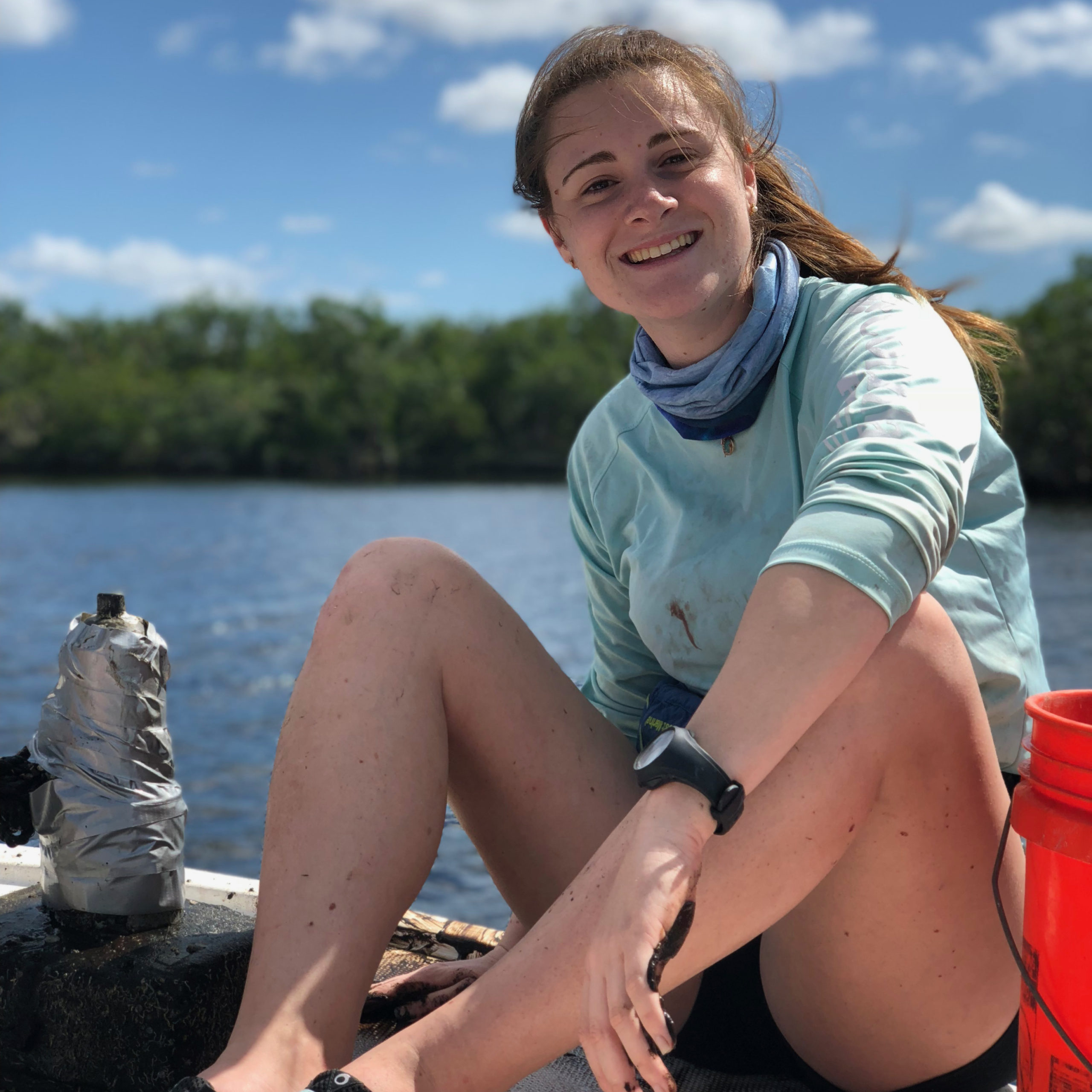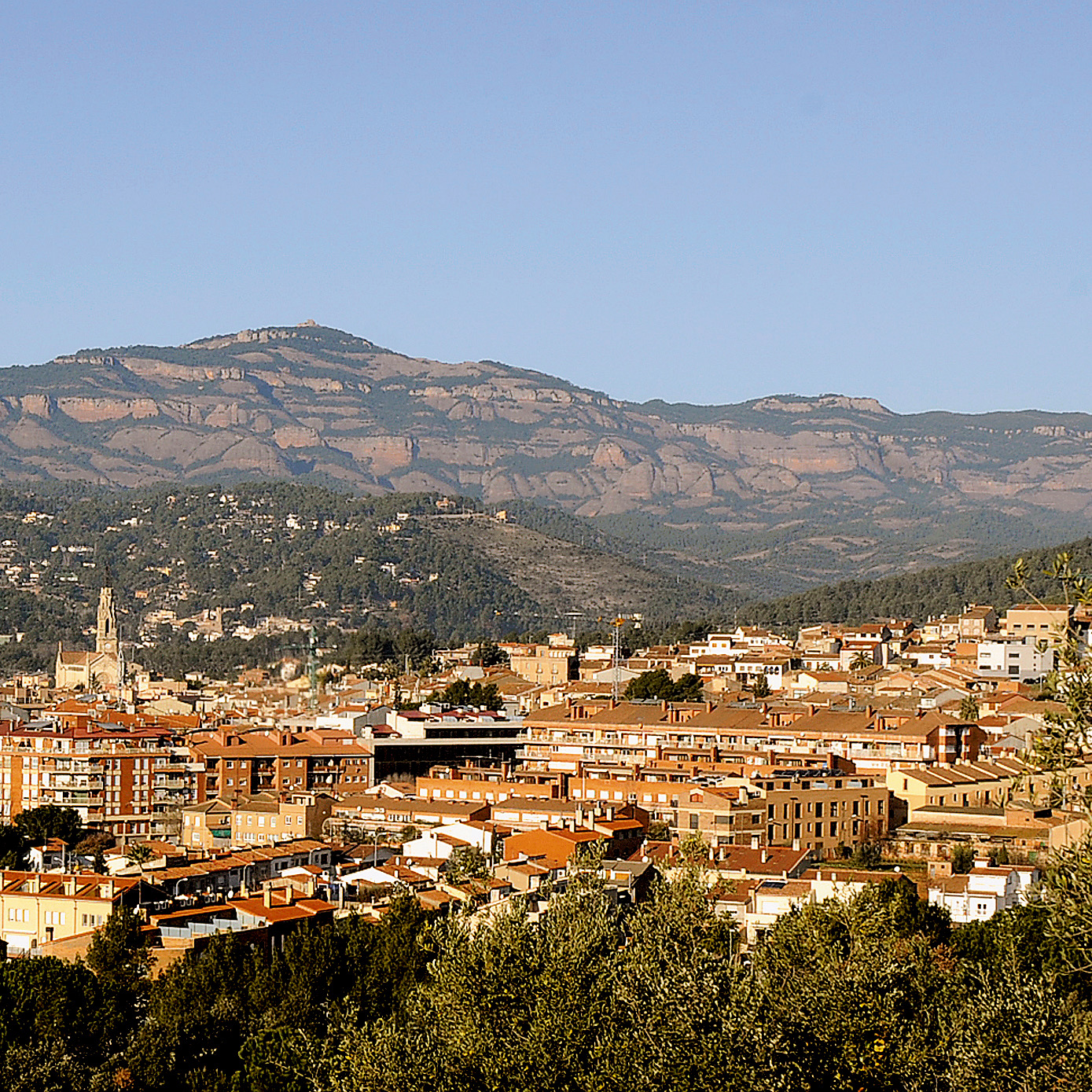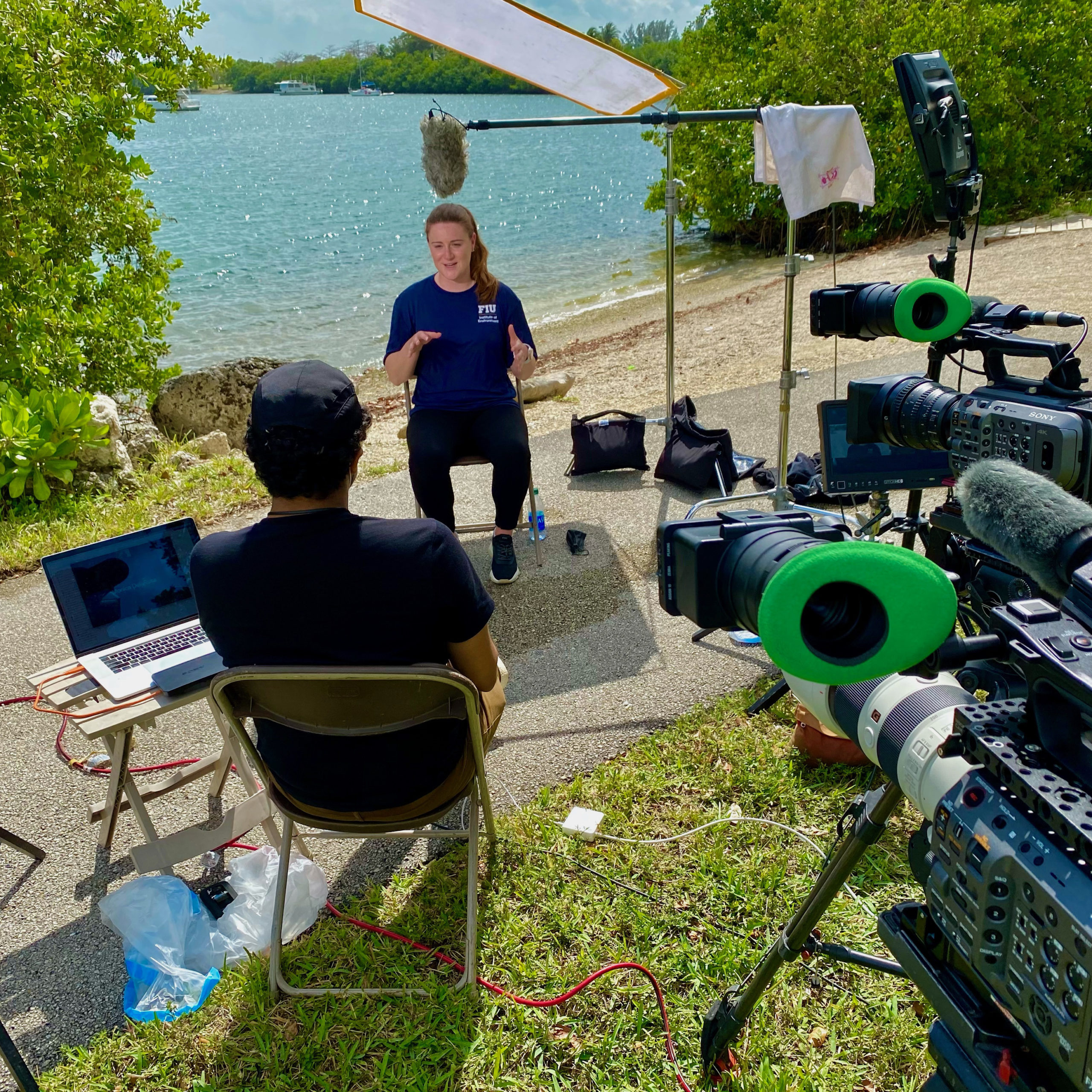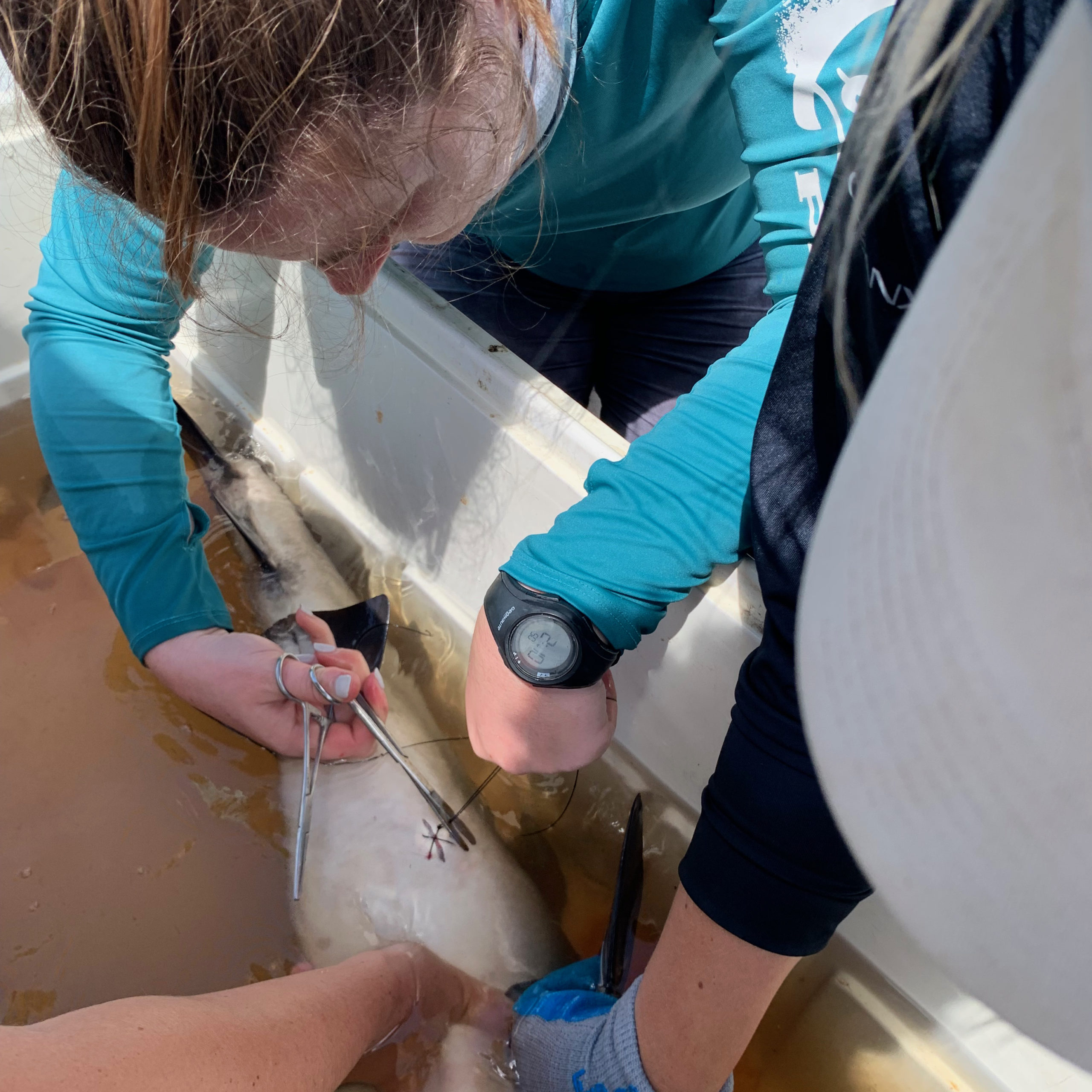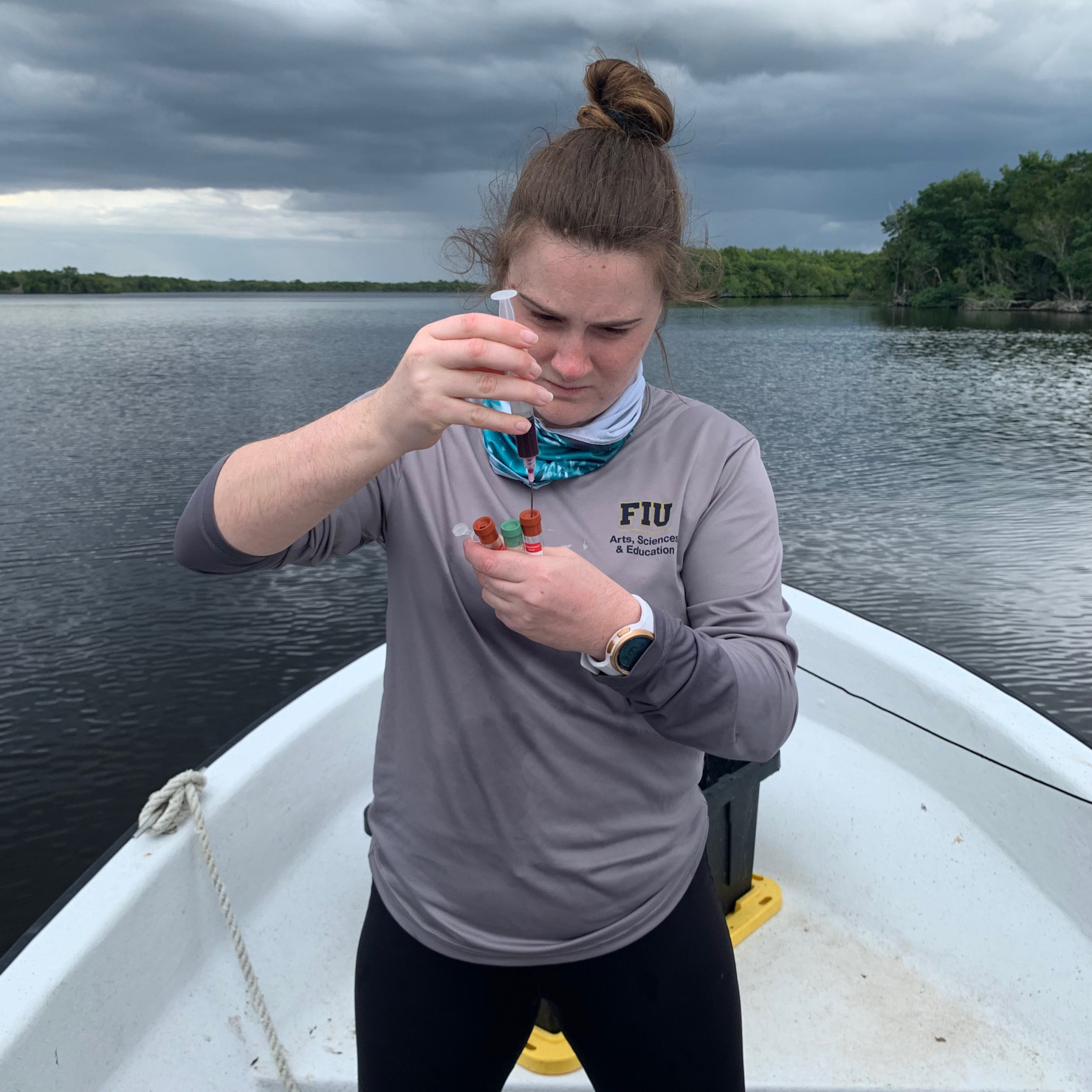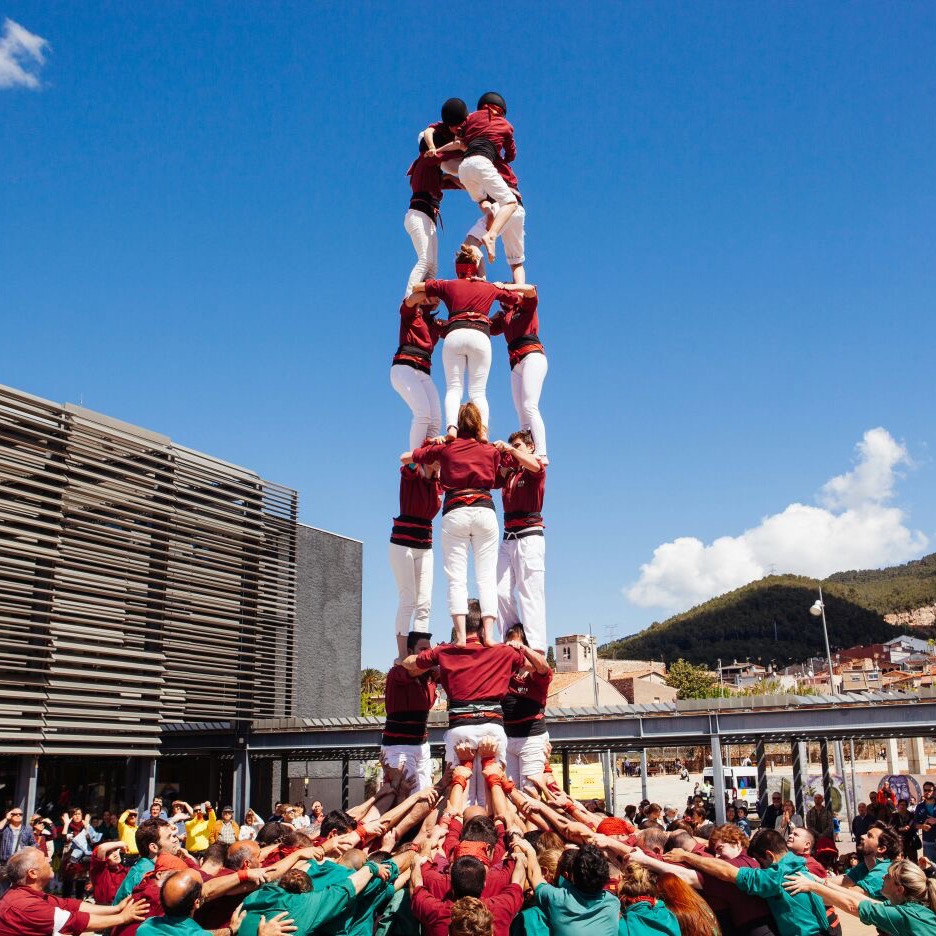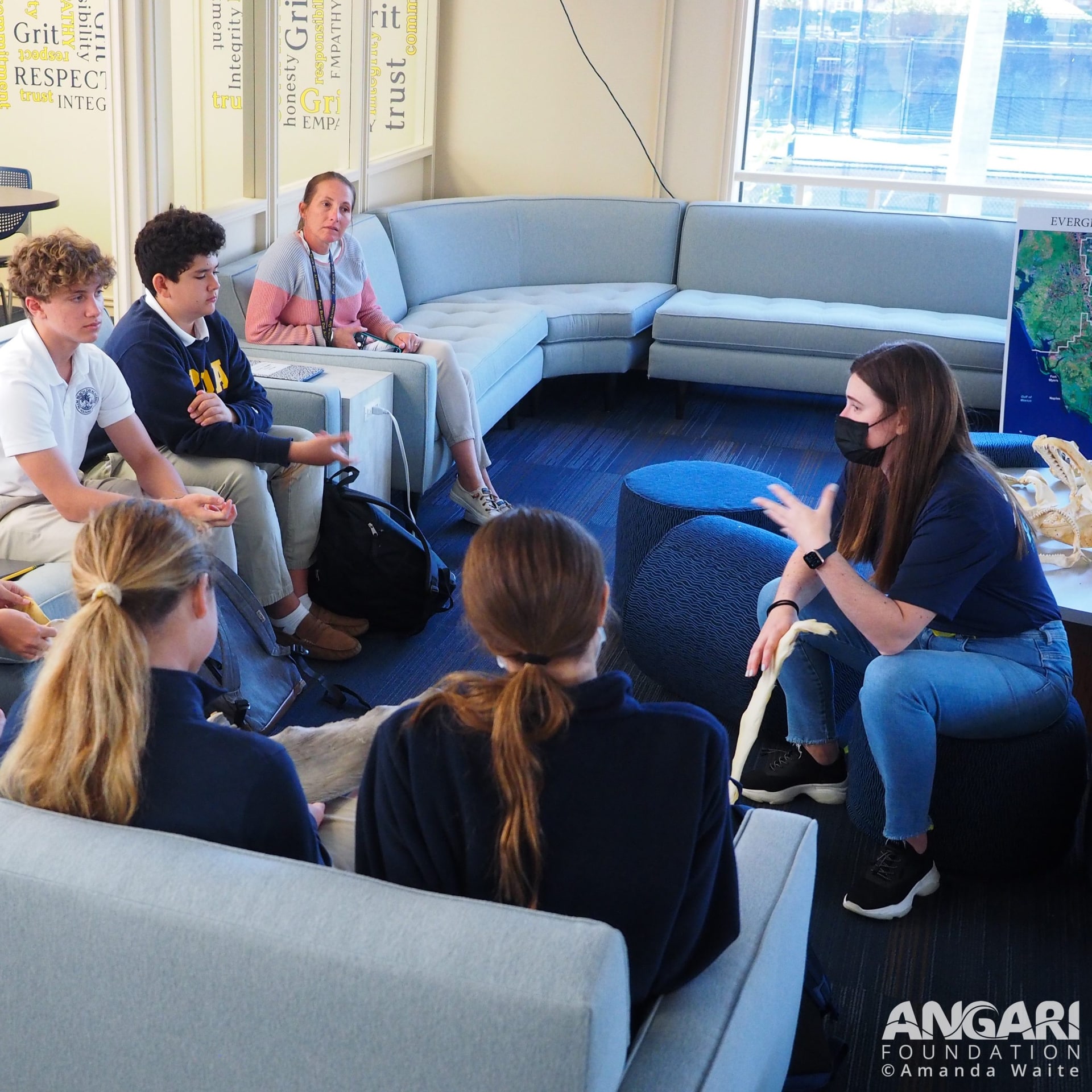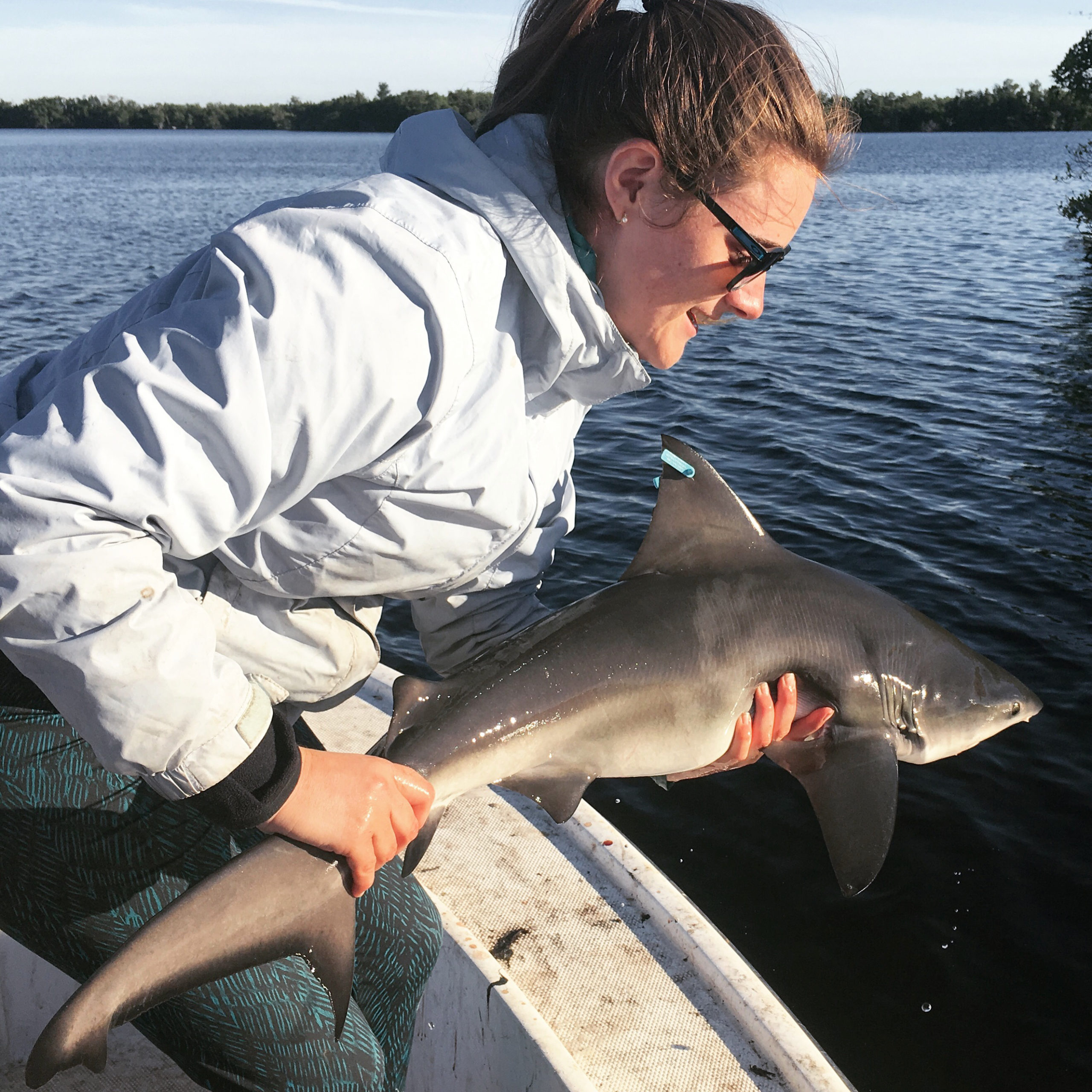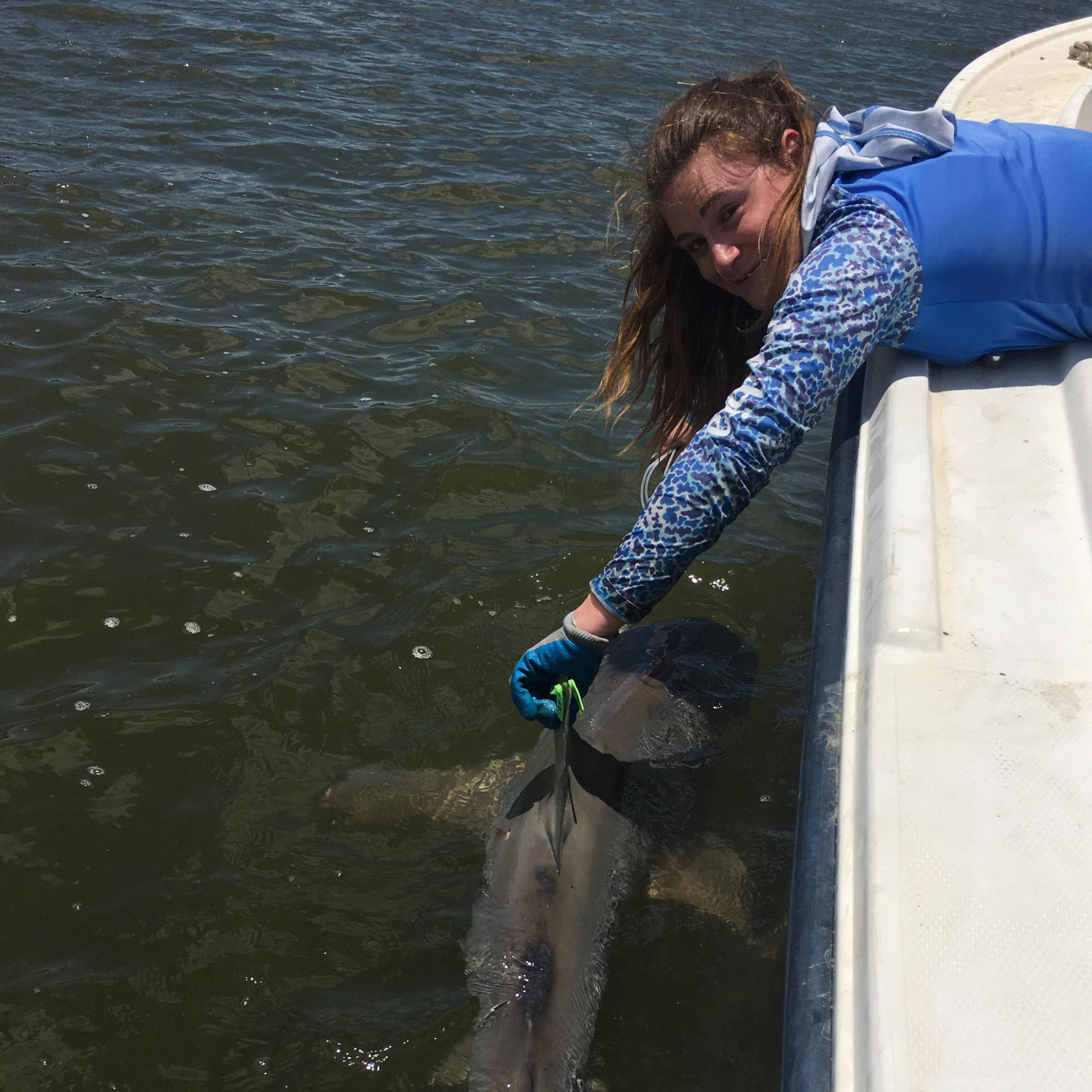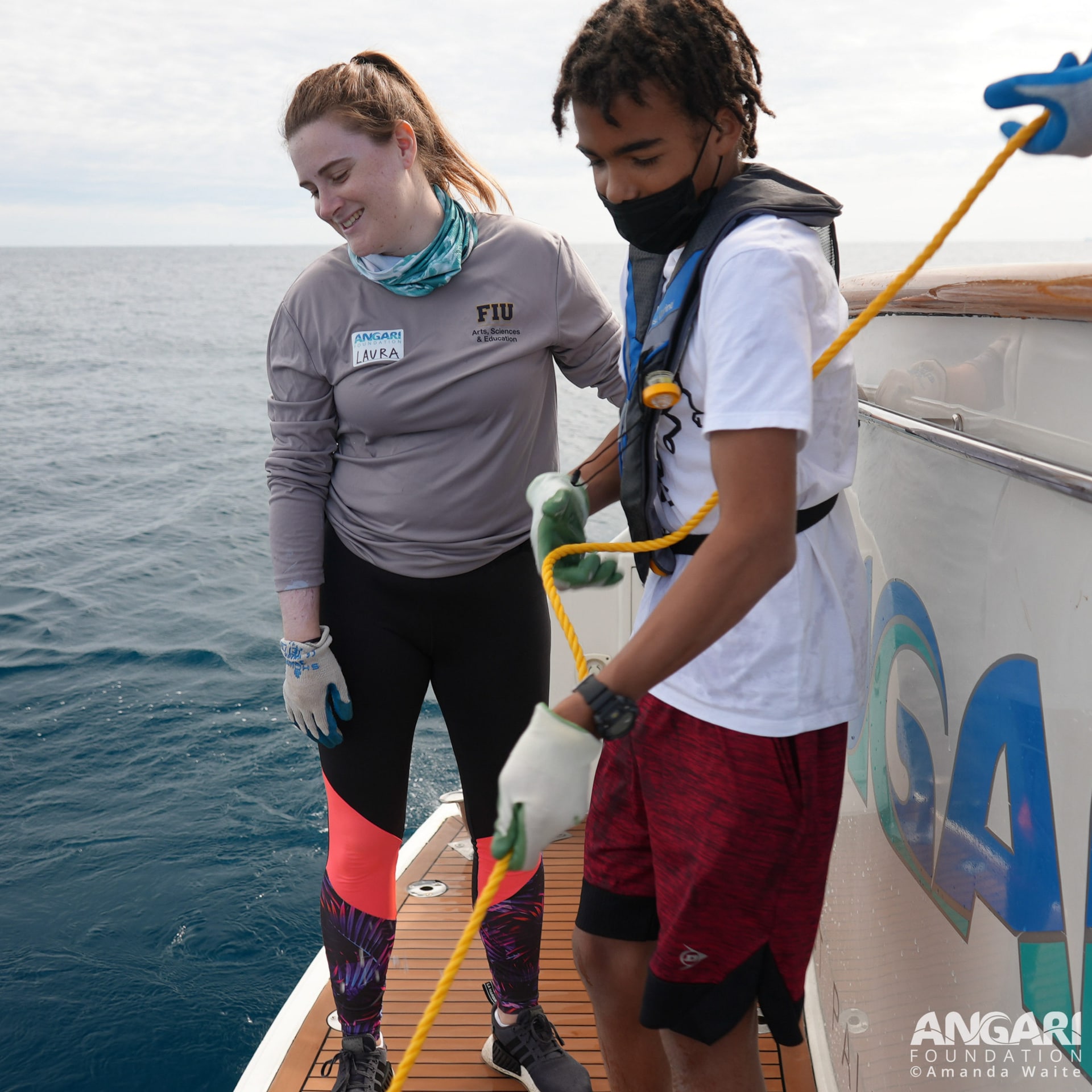
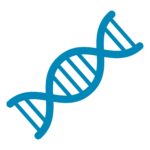
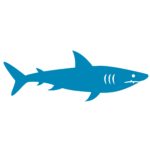

Meet Laura García Barcia
I was a Ph.D. candidate in the Predator Ecology & Conservation Lab at Florida International University. Originally from Spain, I am an environmental biologist particularly interested in marine wildlife conservation. My research focused on two main topics: the shark fin trade and the impacts of heavy metal pollution on coastal shark species. Through the use of genetics and toxicology, I explored fascinating questions, including the identification of where shark fins sold in Hong Kong come from, whether shark fin soup is a safe product to consume for humans, or at what life stage sharks are more vulnerable to pollutants found in our waters.
The ultimate goal of this research was to inform conservation measures that help improve the status of shark populations. Along these lines, I am passionate about education and served as the lead scientist and mentor for ANGARI’s Coastal Ocean Explorers: Sharks at-sea education program aboard R/V ANGARI. The program enables youth and educators to work side-by-side with FIU researchers to study sharks offshore Palm Beach County.
2023 Ph.D. Biological Sciences, Florida International University
2017 B.S. Environmental Biology, Autonomous University of Barcelona
Get To Know Laura
I am from Castellar del Vallès, a small town about an hour away from Barcelona, Spain. It’s right next to a beautiful state park, surrounded by woods and far from the beach.
There are too many sea creatures I like! I think crocodiles and alligators are fascinating and I love seeing them in the Everglades. However, I think one of my favorites will forever be the narwhal. I would really love to see one in the wild one day.
I investigate how heavy metals accumulate in sharks and how that can affect their health, and the health of people that consume shark-derived products.
Keep learning! I am a very curious person, so I want to keep doing research that has a meaningful impact in our society. While I may not always study sharks, I think I will always study how pollutants affect our wildlife, that is a topic I care deeply about.
Yes! I always loved sharks, partly because of documentaries and movies like Deep Blue Sea. My first opportunity to study sharks was for my high school honors project and I have continued to study them since. Nowadays, I also get to study other super cool animals like Rice’s whales, bottlenose dolphins and large squids!
I hope my research helps consumers of shark products make informed decisions about their purchasing choices. All shark products should be labeled by species and with the region of origin of the product. My toxicology work gives us a better understanding of how pollution can impact shark populations, a field we know very little about.
It’s different every day and that’s something I like a lot. For every exciting day of shark tagging on the boat, there are about two months of work after in order to process and analyze samples. In general, my days are spent in the lab, either processing samples or working on my computer, but every now and then I get to be on the water collecting more samples with an awesome crew.
We can’t protect what we don’t know about. Even in Florida a lot of students we work with are not familiar with local sharks and how to act around them. Explaining the importance of sharks, their conservation issues and proper management techniques empowers the next generation to better protect our oceans.
Baking! I love baking bread and sweets, particularly anything with chocolate. I also enjoy reading and binge-watching soapy TV shows in Spanish.
Science is challenging, but incredibly rewarding. In research, you are never alone! We collaborate and work in teams constantly. No one can do a research project all by themselves! Learning to work as part of a team is super important. Also, learn math and statistics early! It doesn’t matter what branch of science you work on, you will need them.
Interview conducted in May 2022

